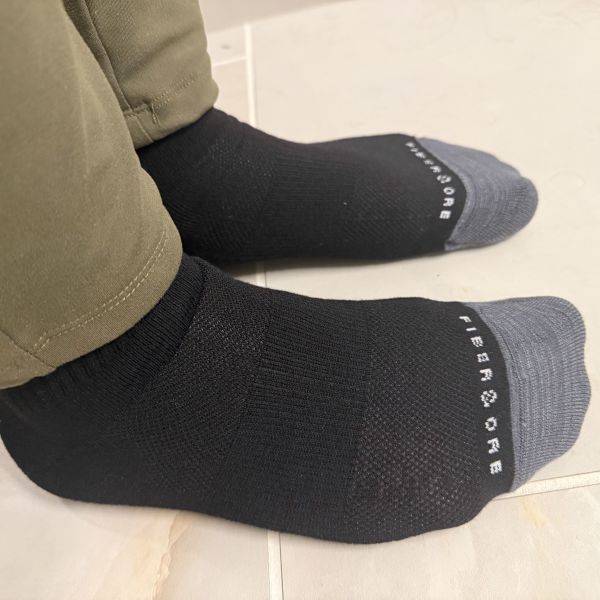Ever feel a little worried about the run taper weeks leading up to a race?
But it doesn't have to be that way.
.
These THREE mental tactics will help train your brain & body, master the run taper & get ready for race day.
Think you're gonna just run yourself into the ground without a run taper plan, then show up on race day feeling awesome?
.
Think again. Running at your absolute limit requires as much physical and mental energy as you can muster.
Let’s be honest: it hurts to run fast, far, and hard.
But you know better than your subconscious because you can see the bigger picture.
.
In that bigger picture...
But wait, there's more. Tack on the mental effort it takes to:
And this will give you an idea of the full cognitive load that racing imparts.
.
And the fight’s not over when the race ends, either.
Don’t take this as a deterrent, but more so a motivator to respect the taper.
.
That period of relative rest between peak training and hard racing makes sure that your body and mind get the space they both need in order to throw down as soon as the gun goes off.
.
Without it, you’ll carry too much fatigue from training into the race to handle the load with strength and grace.
.
Training drains the brain in its own way as the...
Before the hard physical work comes the hard mental work of deciding to make it all happen.
.
Run taper weeks offer a reprieve from each kind of exhaustion just in time to bounce back for the race.
.
Unfortunately, that’s right when the pressure starts to mount for many runners.
Plus, most runners run for a reason other than the love of running itself
With that in mind, put extra effort into protecting your peace during the taper week.
Prioritize these THREE habits during your run taper to make sure you make it to the start line with your sanity intact.
Many runners already know the power of breathwork for managing their output and keeping their cool while running.
.
But what about when you’re not?
“Take a deep breath” isn’t just a colloquialism.
The thing is, it’s easy to lose control over this most vital function of the human existence precisely because it’s so fundamental.
Stress has a habit of making our breaths:
Which then reduces the amount of oxygen traveling to our brains and throughout our bodies.
.
Which imparts even more stress and triggers a vicious cycle.
One of the most effective ways to stop the cycle is by slowing down and evening out the rhythm of our breath.
Set aside certain times of day when you can dedicate 5 to 10 minutes toward intentionally reducing the rate of your breathing pattern.
In addition to penciling in a few designated “slow breathing” slots in your schedule, keep an ear out for times when your breath starts to speed up throughout the day.
Your brain believes what it sees. But that’s not restricted to what’s right in front of your eyes.
.
Vivid visualization blurs the lines between real and imaginary to that extent that the brain can’t always tell the difference.
Visualization gets attention for the way it helps people conceive of success.
It could be as realistic as a summer sunset over the foothills or as abstract as an ocean blue orb spreading from your heart out through your limbs.
.
Either way, nail down the details. Here's how:
Words matter. But the words that tend to go unnoticed, the ones we use with ourselves, matter most.
.
Those are the ones that bounce around in our brains whether we want them to or not.
Your run taper is the time to hone your self-talk so you’re communicating the concepts that you value most to your subconscious self.
Streamline the trains of thought that you want to channel during the race into short, sweet, and digestible mantras that you can call up at will.
Taper weeks can test your patience, but they’re also your chance to sharpen the mental edge you’ll need on race day.
.
Breathe with intention, picture your success, and repeat mantras that keep you steady when it gets tough. Remember, tapering is training, too.
.
How do you keep your head in the game during taper week?
.
Tell us about it in the comments.

Login to your account to leave a comment.





We Want to Give it to You!
